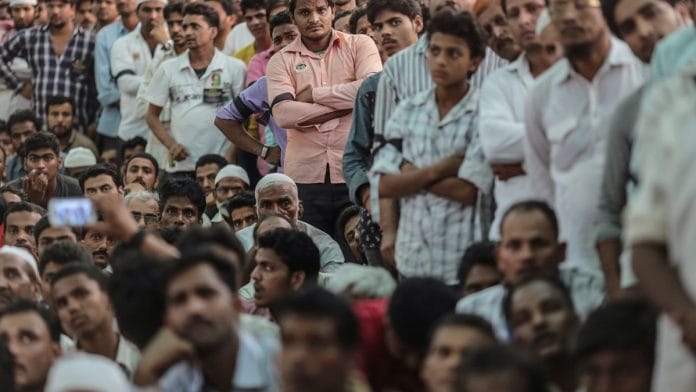Brussels: The world economy won’t be able to fully repair last year’s damage to employment in 2021 after the Covid-19 pandemic wiped out the equivalent of 255 million jobs, according to the International Labour Organization.
Even under the most optimistic assumptions, working hours will still be lower compared to pre-crisis levels, the ILO said in a report on Monday. Under the organization’s baseline scenario, the global economy will end this year with the equivalent of 90 million fewer full-time jobs than before the outbreak.
“The signs of recovery we see are encouraging, but they are fragile and highly uncertain,” said ILO Director-General Guy Ryder. “We must remember that no country or group can recover alone.”
The damage done by the pandemic in 2020 is historically unprecedented, and about four times greater than during the 2009 financial crisis, the ILO said.
Still, losses in the third quarter were less dramatic than previously estimated, following a strong economic rebound. The fourth-quarter reduction in working hours of 4.6% — equivalent to 130 million full-time jobs — was also lower than a prior prediction.
In a pessimistic scenario, where vaccination progress is slow and the impact of the pandemic prolonged, labor-market losses will remain at that level in 2021.
The outlook highlights the contrast between hardest-hit sectors including hospitality, arts and retail that suffered “massive” damage, compared with highly-skilled services sectors that even saw jobs growth. Women, young people, the self-employed and low-skilled workers have been worst-affected, the ILO said.
There are “serious concerns” that this may translate into an uneven recovery, where “workers and businesses that have been hit hard by the crisis will benefit less from improving economic conditions,” according to the report.
Also read: Youth around the world suffer a double blow as coronavirus hits education after jobs






